Looking for a fun and educational way to introduce young children to life on the farm? My printable Farm Preschool Worksheets are perfect for teaching kids about farm animals, and daily farm activities through engaging and interactive exercises.
From coloring pages to counting games featuring cows, pigs, chickens, and more these printables provide a hands-on learning experience that’s both entertaining and educational. These worksheets are ideal for parents, teachers, and caregivers and they are a great way to spark curiosity and teach kids about the wonders of the farm.
What Lessons Can Be Taught With Farm Preschool Worksheets?
Farm preschool worksheets offer a variety of lessons that are both educational and fun for young children. Here are some key lessons that can be taught.
- Animal Recognition – Children learn to identify common farm animals such as cows, pigs, horses, and chickens. This helps them expand their vocabulary and understanding of animal life.
- Counting and Numbers – Worksheets with animals, crops, or farm tools can help children practice counting and number recognition, laying the foundation for early math skills.
- Colors and Shapes – Coloring pages and activities featuring farm-themed images allow children to practice recognizing colors and shapes, improving their visual perception.
- Fine Motor Skills – Activities like tracing, cutting, and matching help children develop fine motor skills, which are crucial for handwriting and coordination.
- Patterns and Sorting – Farm-related items like animals, fruits, and vegetables can be used in pattern-making or sorting exercises to teach early logic and reasoning skills.
- Sound and Language Development – Activities that involve animal sounds, rhymes, or farm-themed vocabulary help children enhance their language skills and phonetic awareness.
These worksheets provide a well-rounded approach to early learning by integrating core concepts through the familiar and fun theme of farm life.
Cute Farm Animal Preschool Worksheets
There are several farm animal worksheets that help with math, writing, reading, matching, and more. Let’s review them in more detail.
1. Counting Worksheets
Use these fun animal worksheets to teach numbers and counting. Count the animals and then write the number.
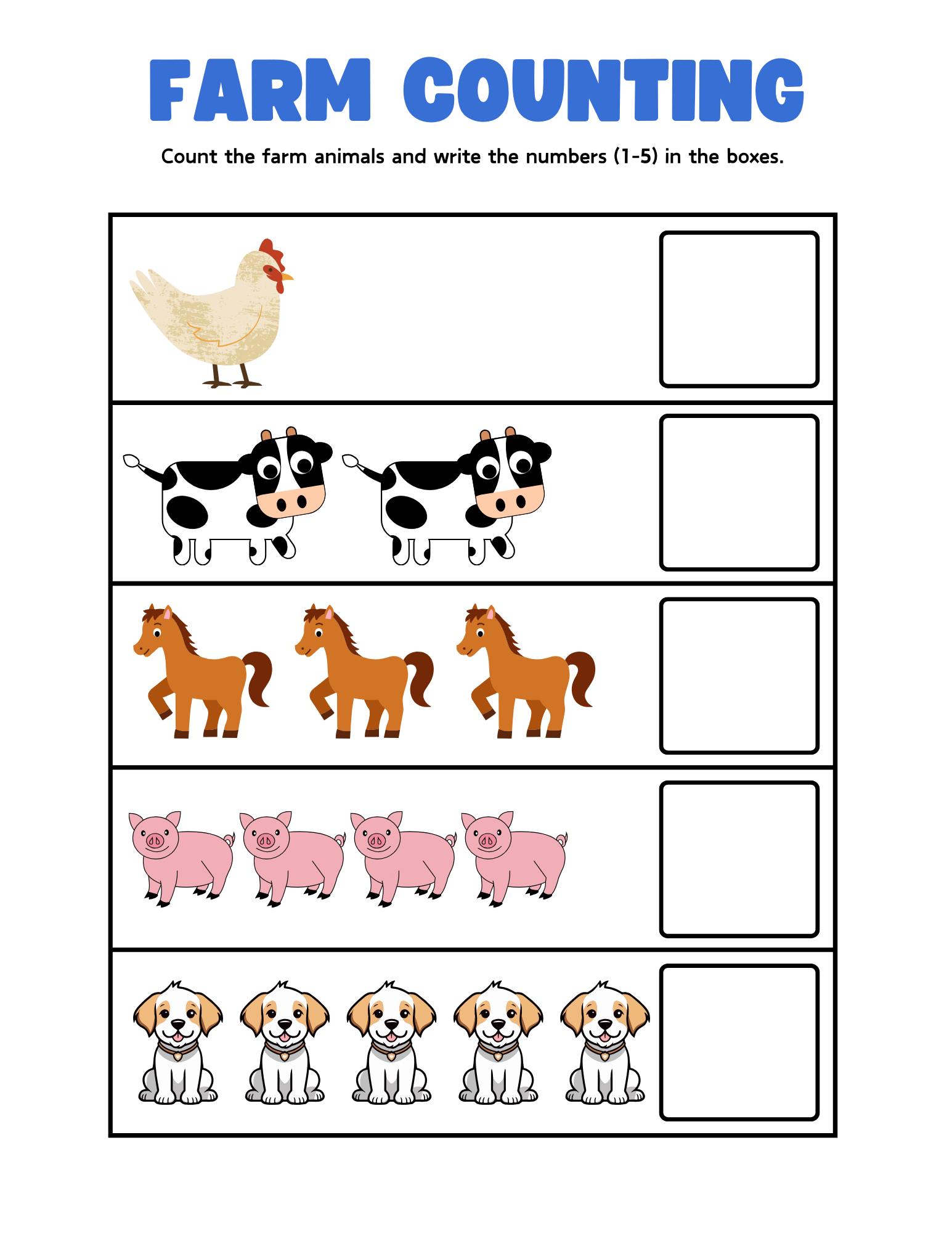
Or count the animals and then mark which number is the total.
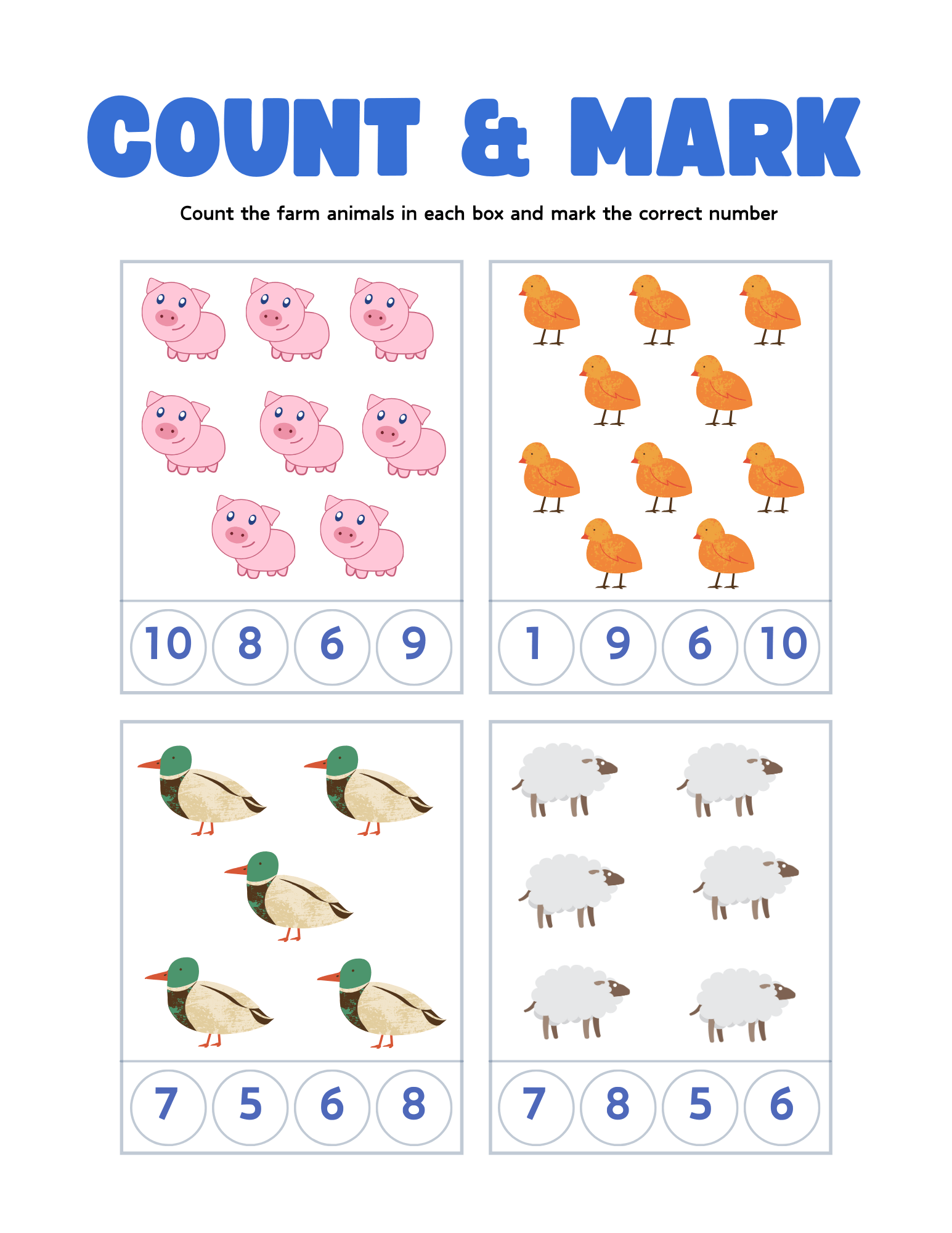
2. Matching
Match the animal shadows or the baby animal to it’s momma.
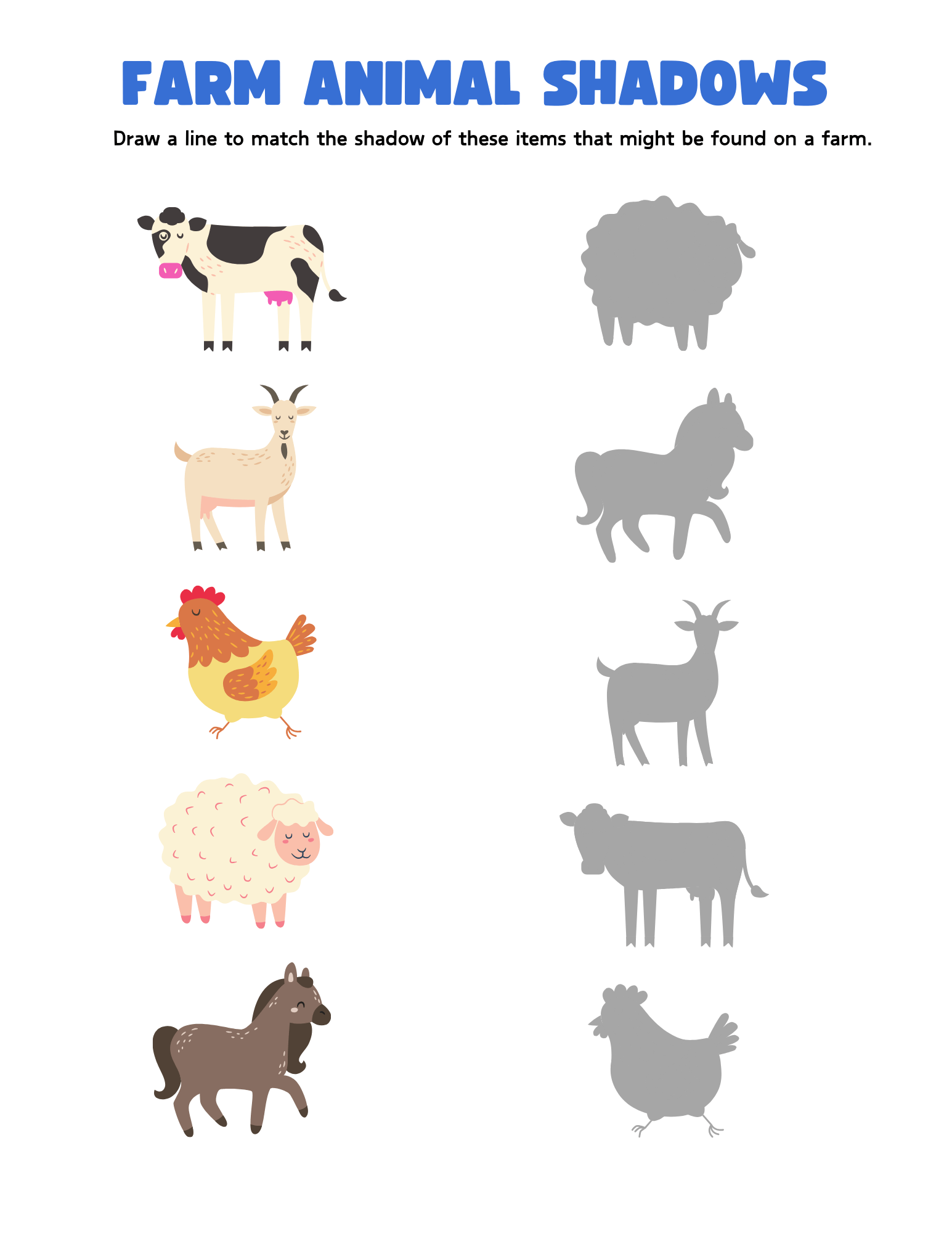
3. Line Tracing
Work on fine motor skills with line tracing. Trace the line to match the animals. There is also more advanced tracing by tracing the animals.
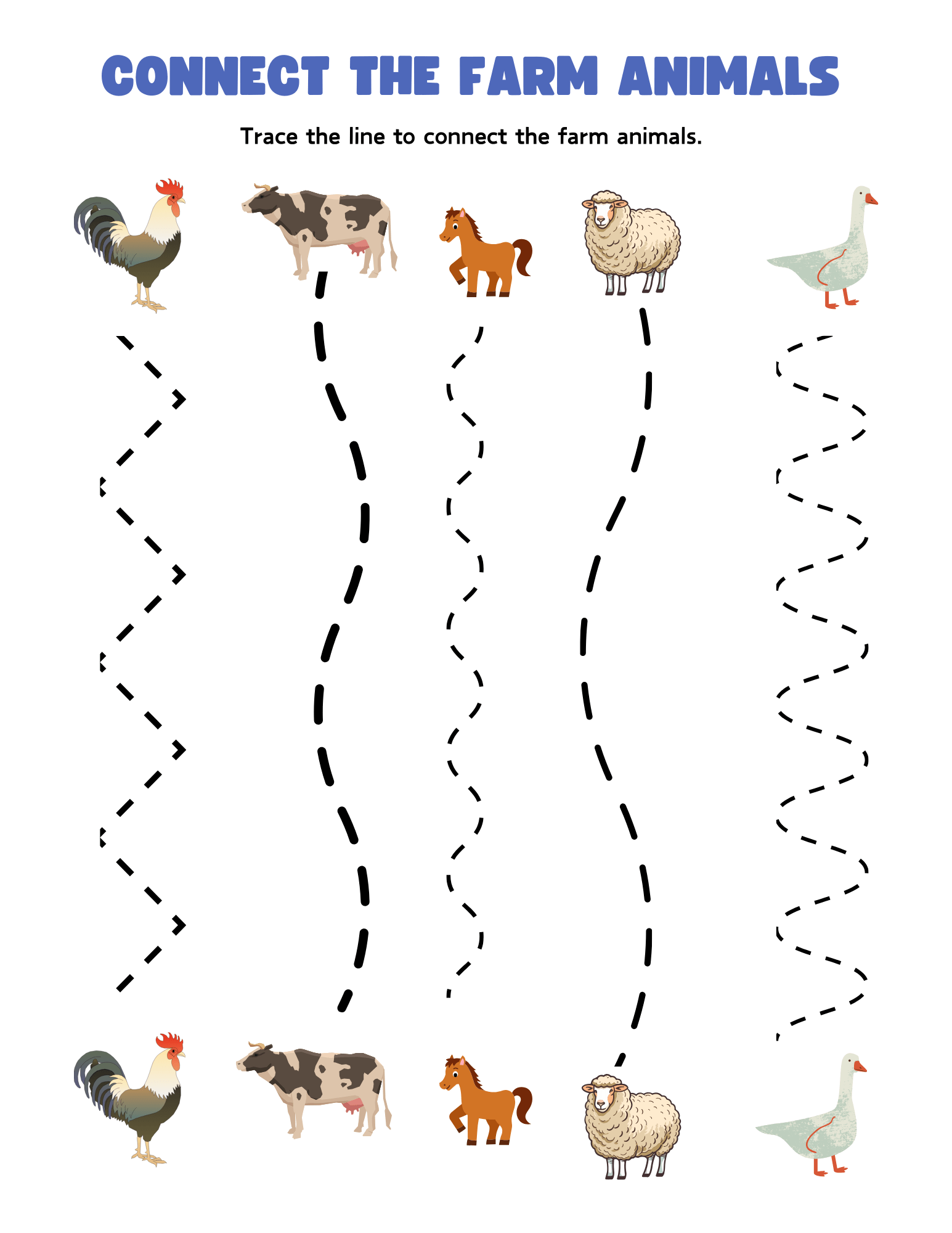
4. Sorting
Sort the farm animals from the wild animals to learn where each belongs. You can also sort the four-legged animals from the two-legged ones.
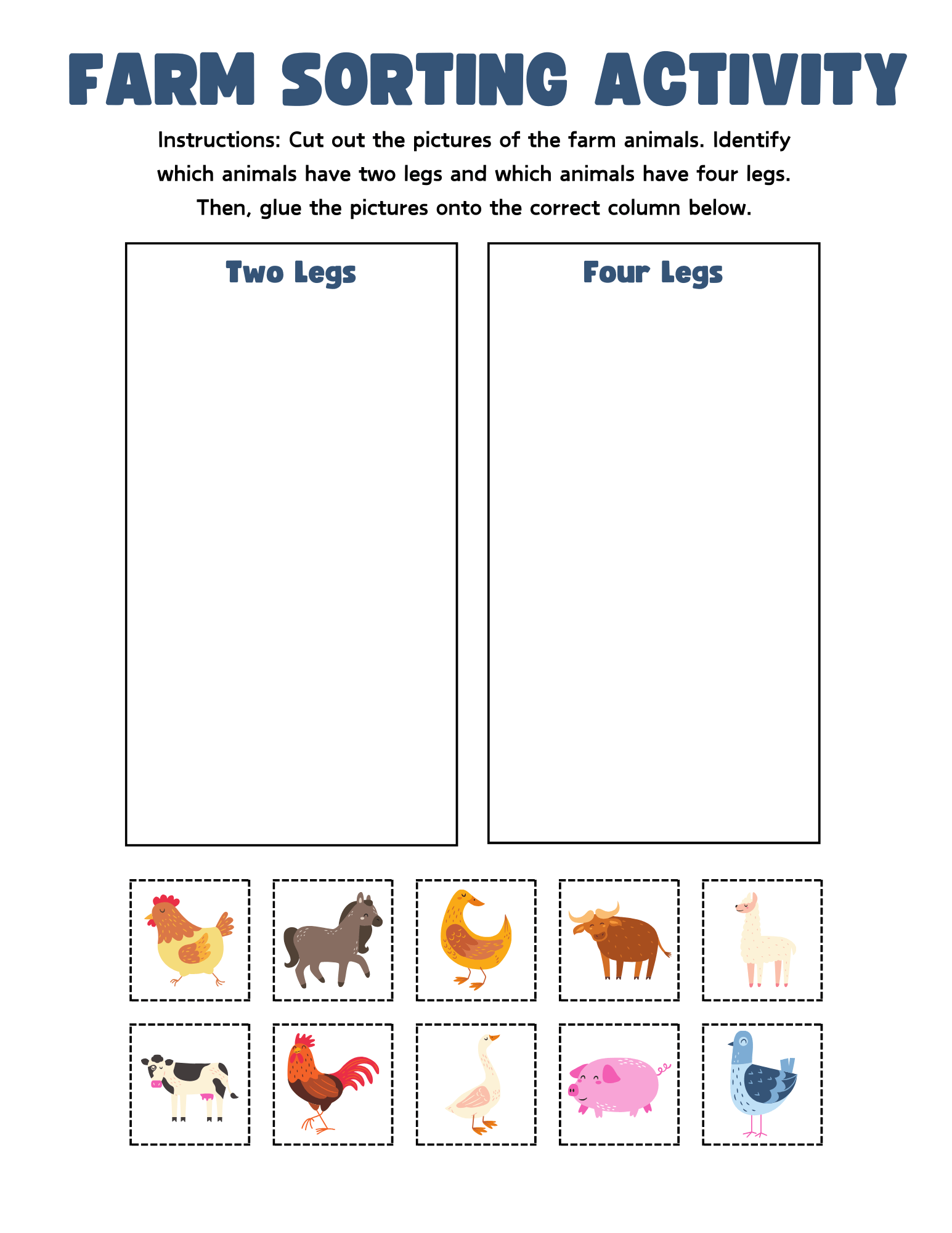
5. Beginning Sounds
Discover which animal starts with which sound of the alphabet, by writing in the missing letter. This helps preschoolers learn their sounds and write letters.
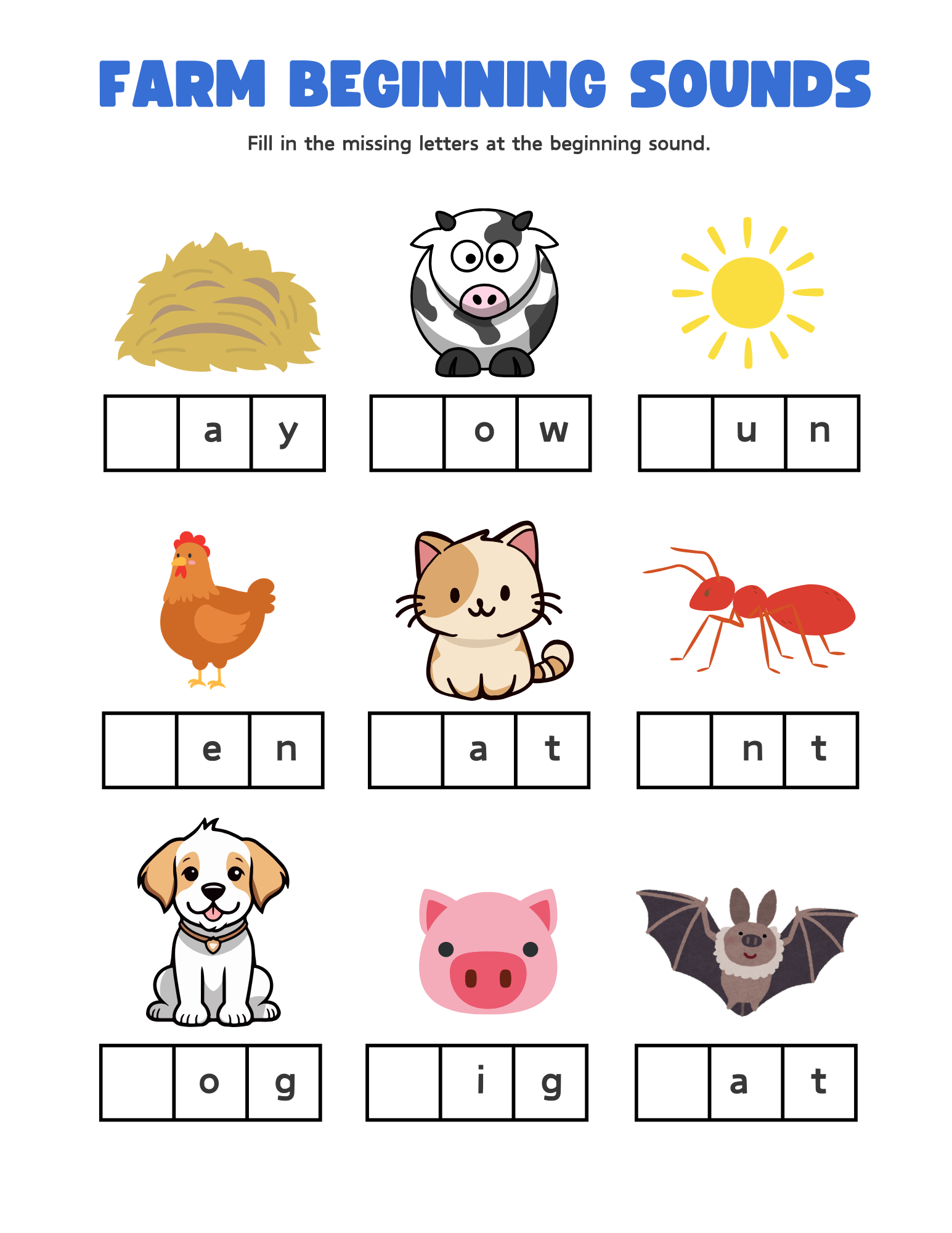
6. Word Tracing
Using farm animal names, kids can practice writing by following the outlines of words, helping them develop fine motor skills and early literacy.
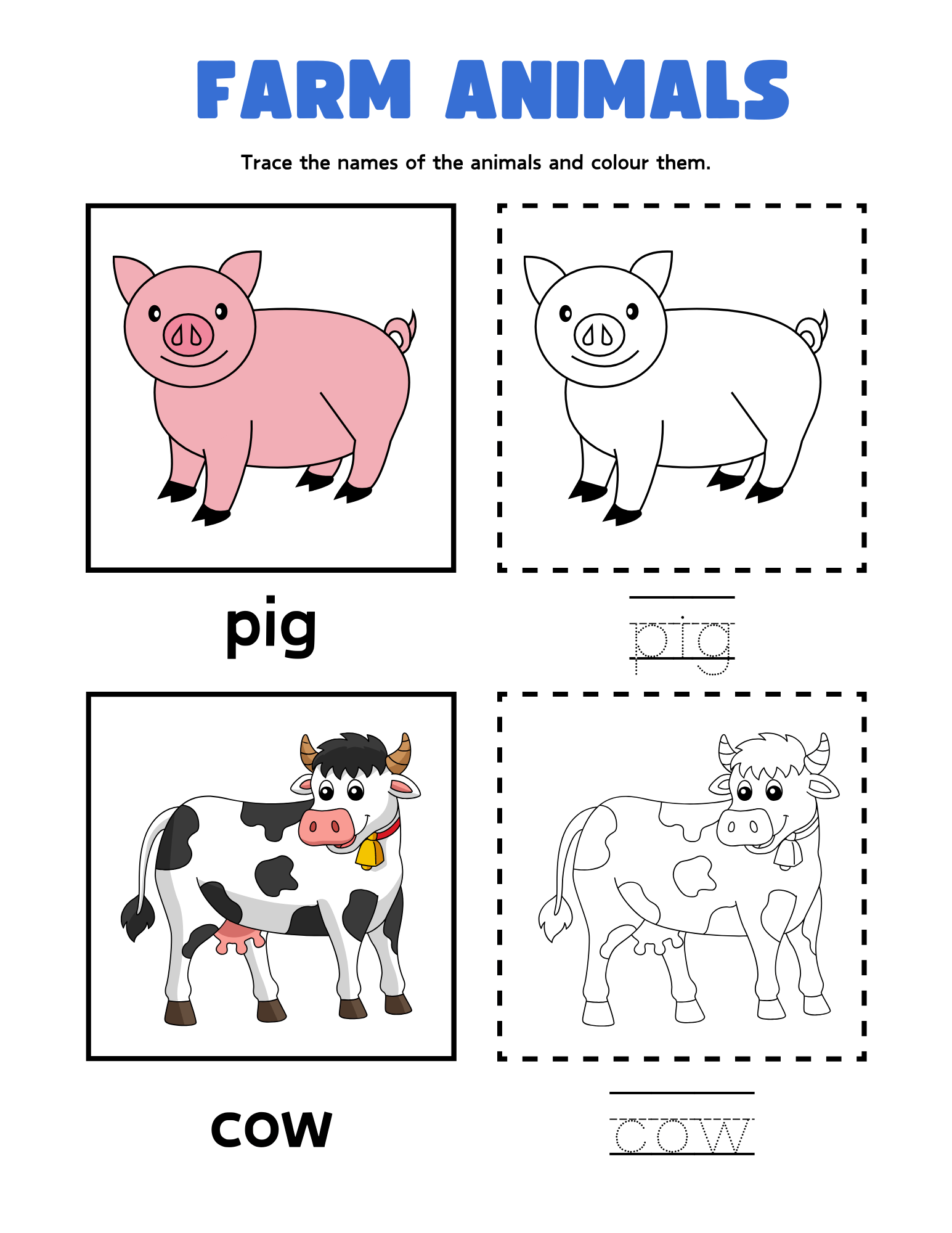
7. Dot to Dot
These fun farm dot-to-dots can help preschoolers improve their fine motor skills, hand-eye coordination, and number recognition as they connect the dots in sequence to complete the farm picture.
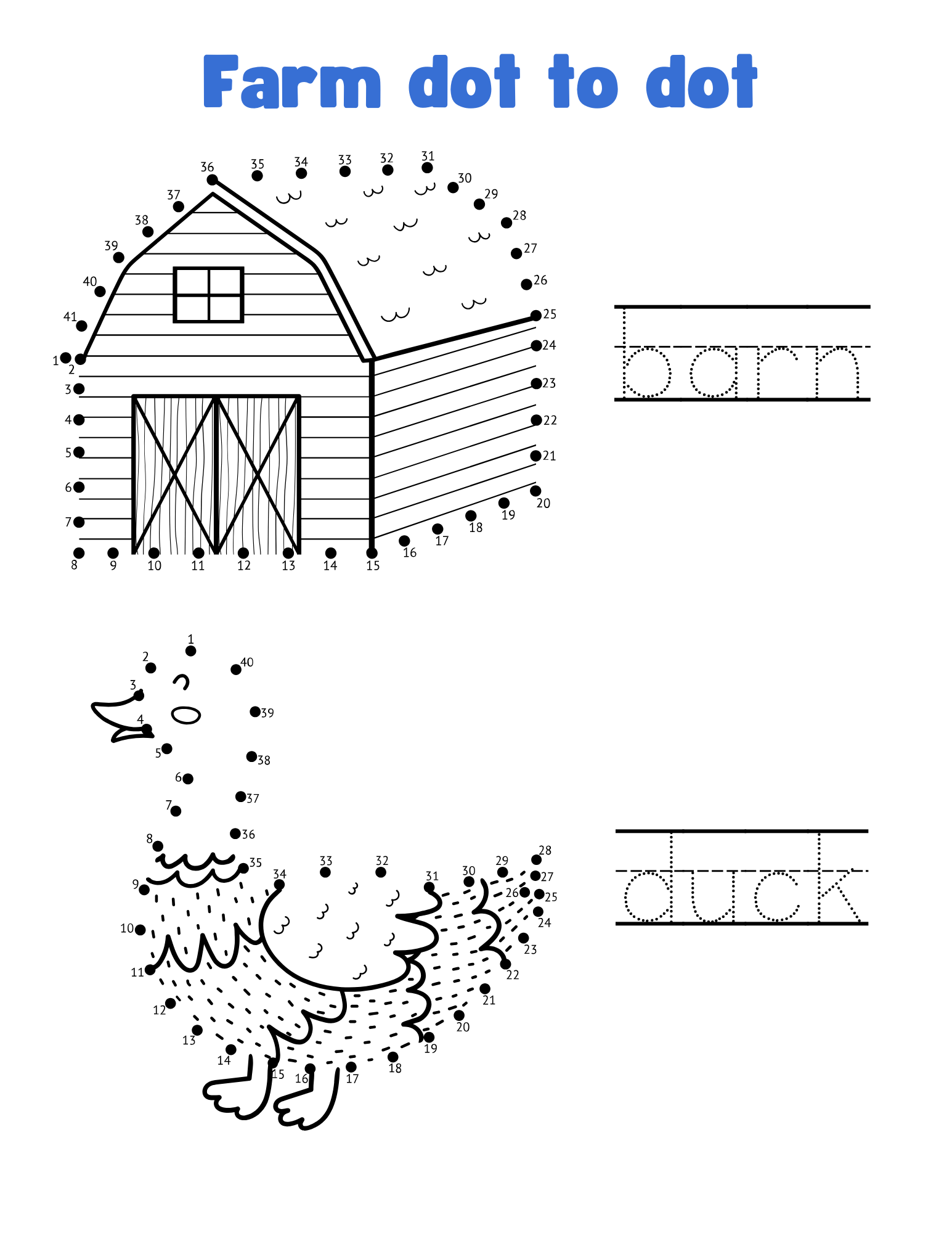
8. Sheep Craft
Challenge preschoolers’ creativity with a fun sheep craft using cotton balls and glue.
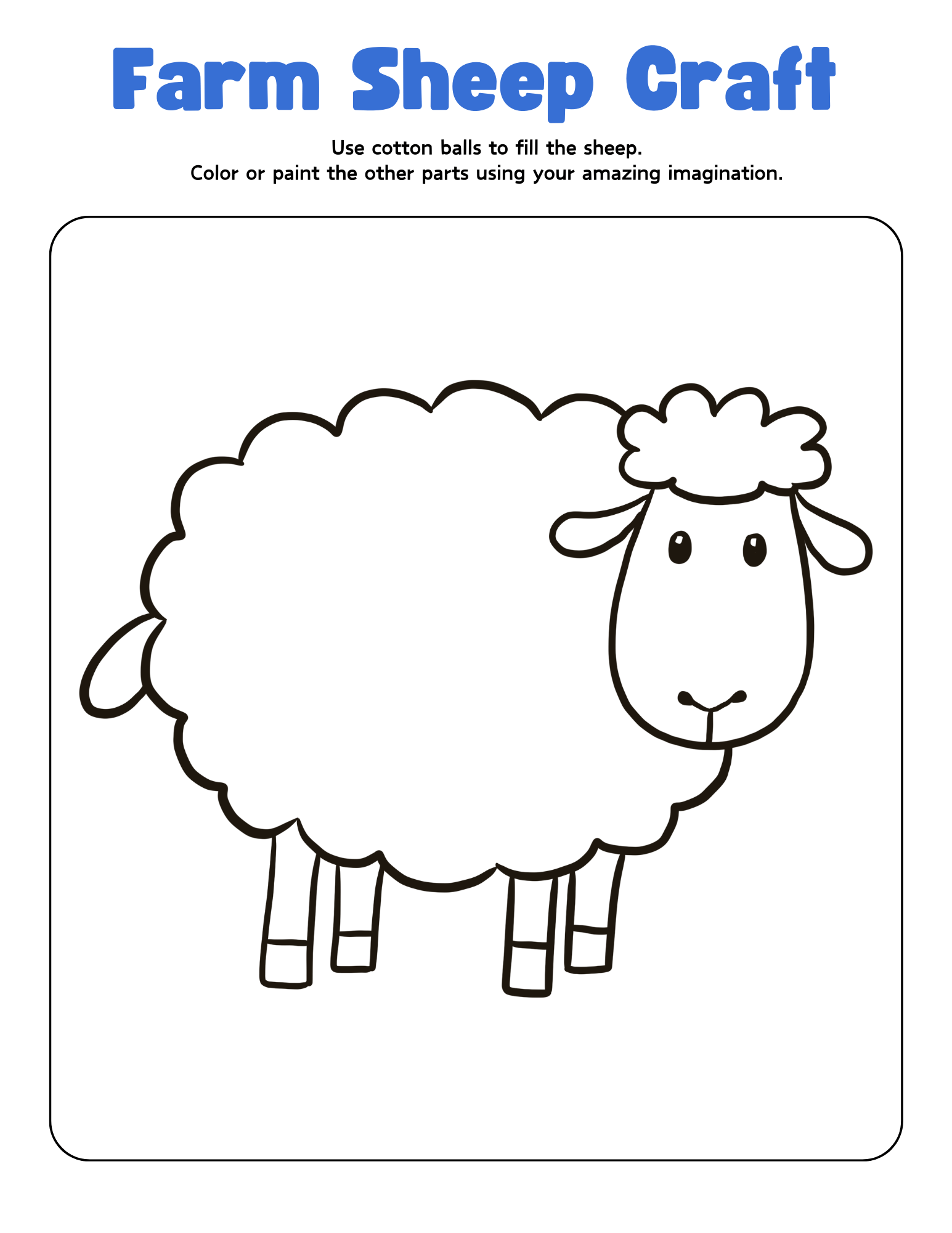
9. Dominoes
Kids can work on their fine motor skills and matching with these fun farm dominoes.
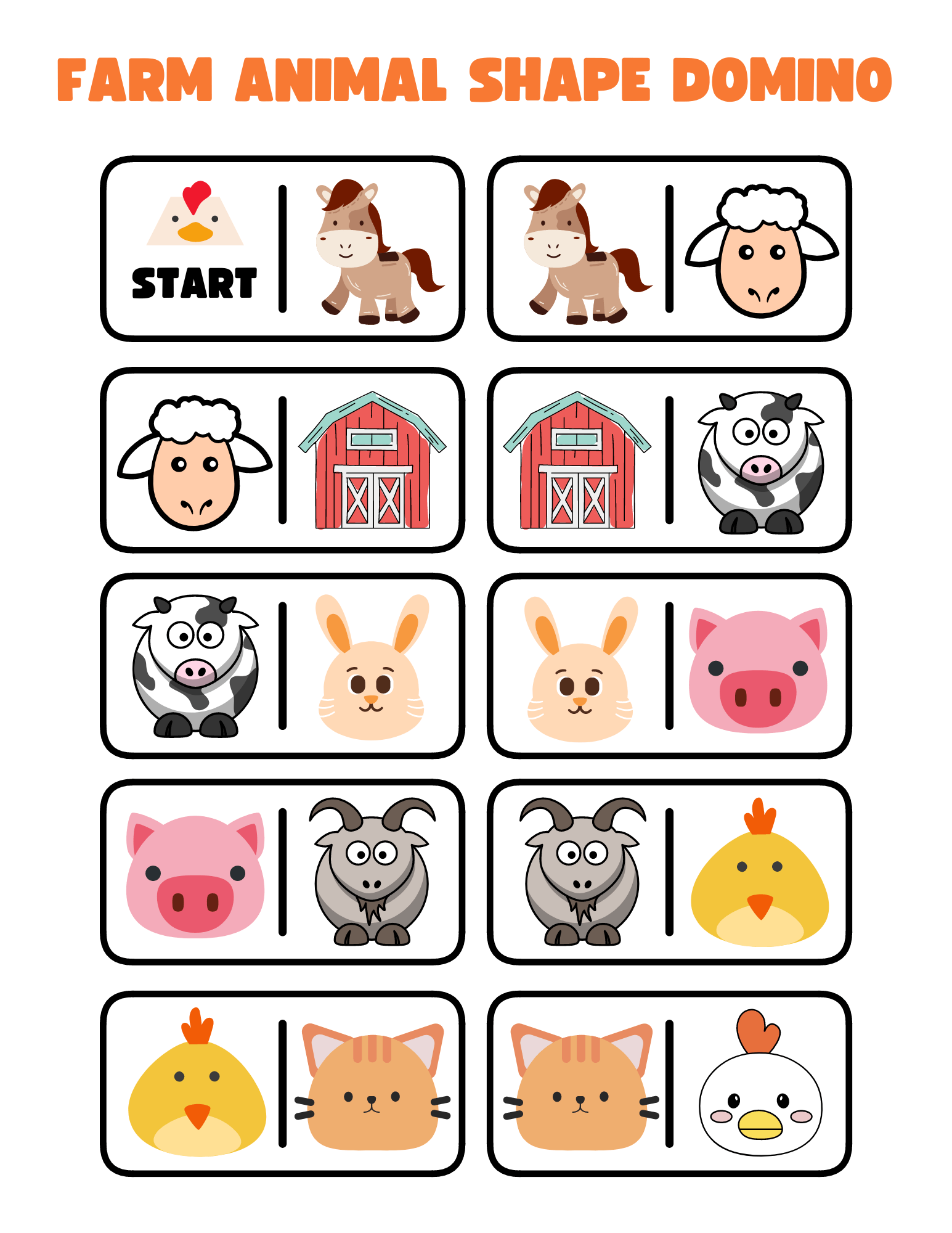
Other Printable Farm Activities For Preschoolers
Here is a list of more farm worksheets for kids, that are not animal-themed.
10. Scissor Skills
Practice using scissors and fine motor skills with the farm the scissor activities.
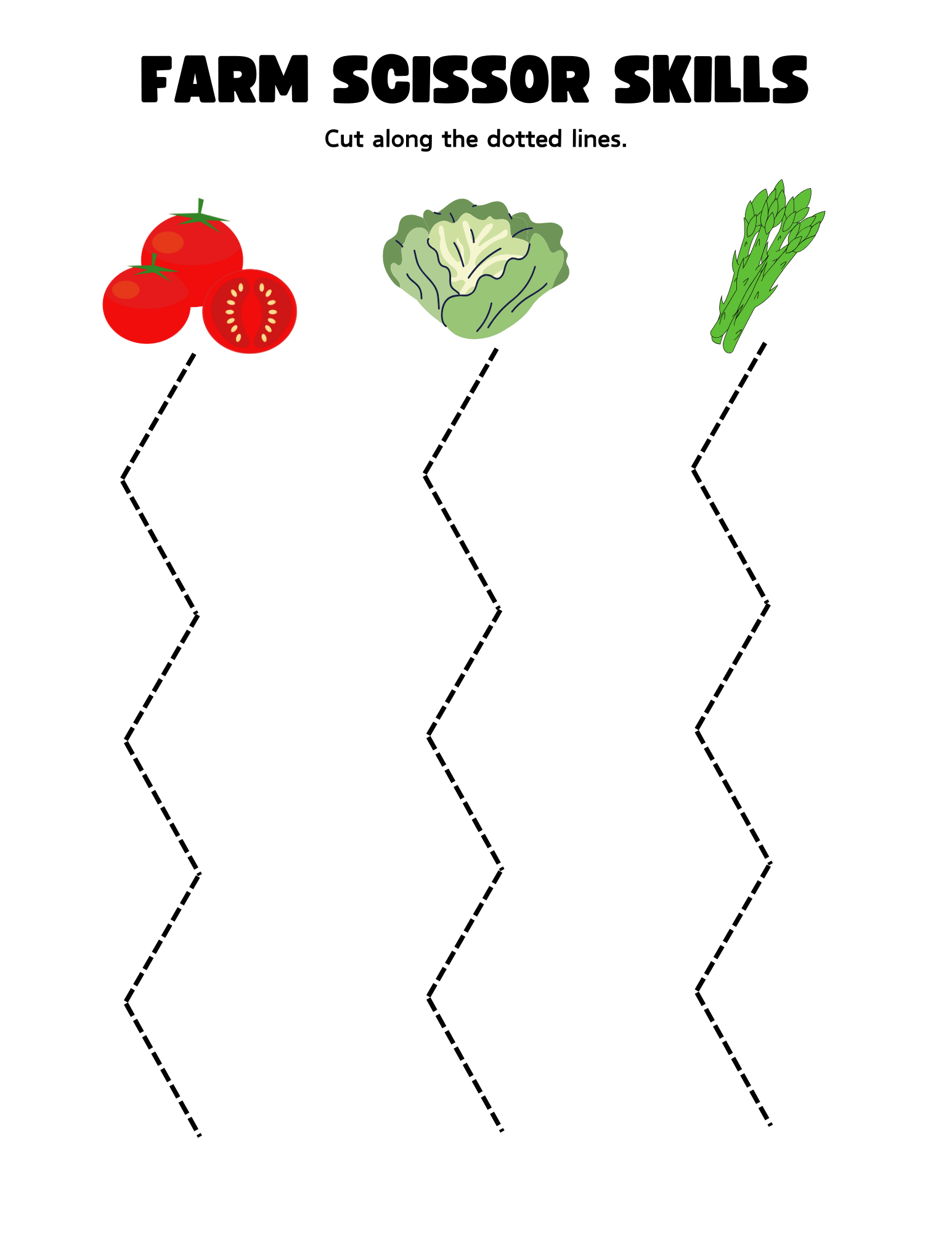
11. Mazes
Help the horse find the barn, or the seed grow into a corn stock. These fun mazes can help kids recognize some things that happen on the farm.

12. Apple Craft
Teach about how apples come from farming and make a cute apple craft with some glue and tissue paper.
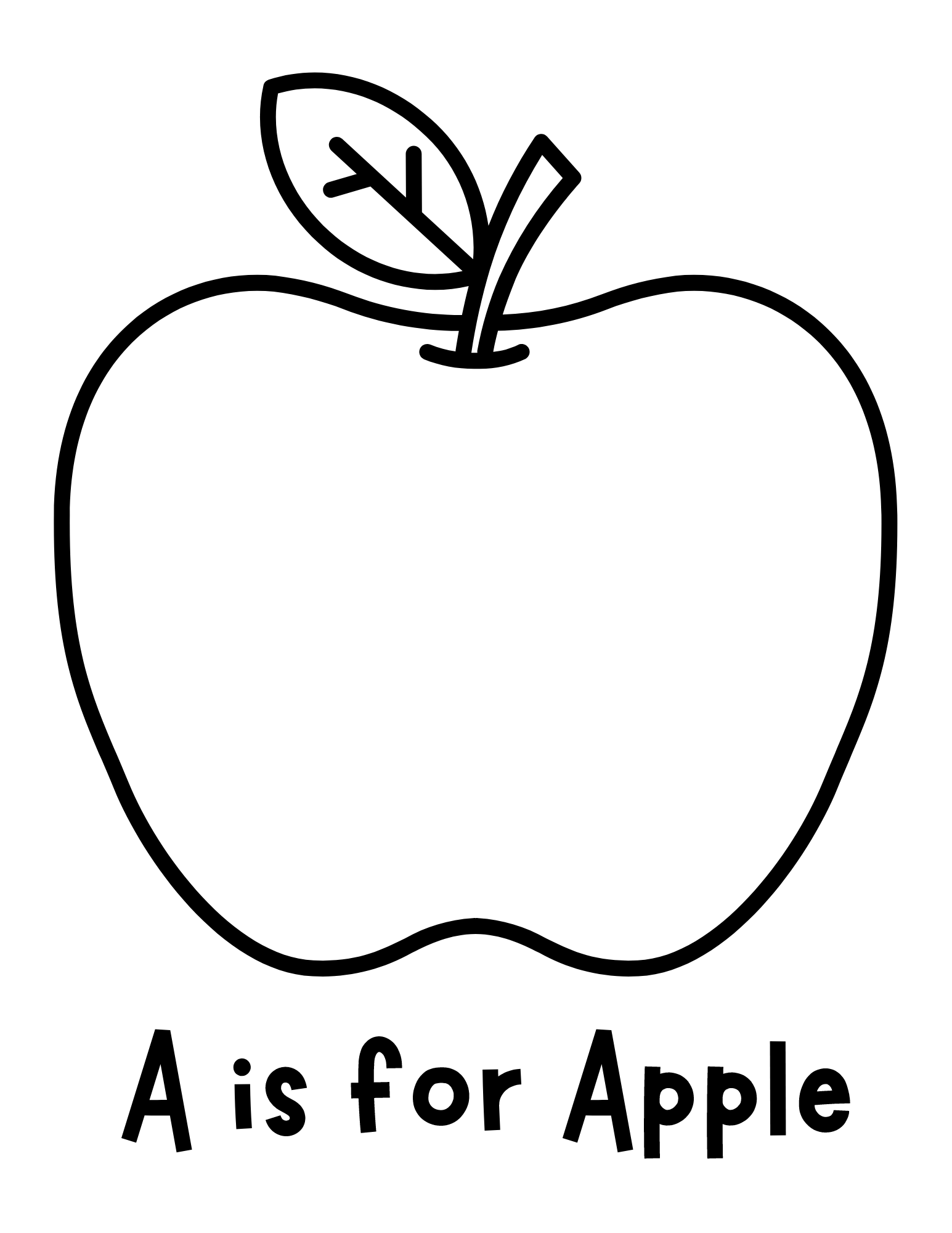
13. Letters in My Name
With a farm theme, the kids can learn what letters are in their name by coloring or marking the correct letters.
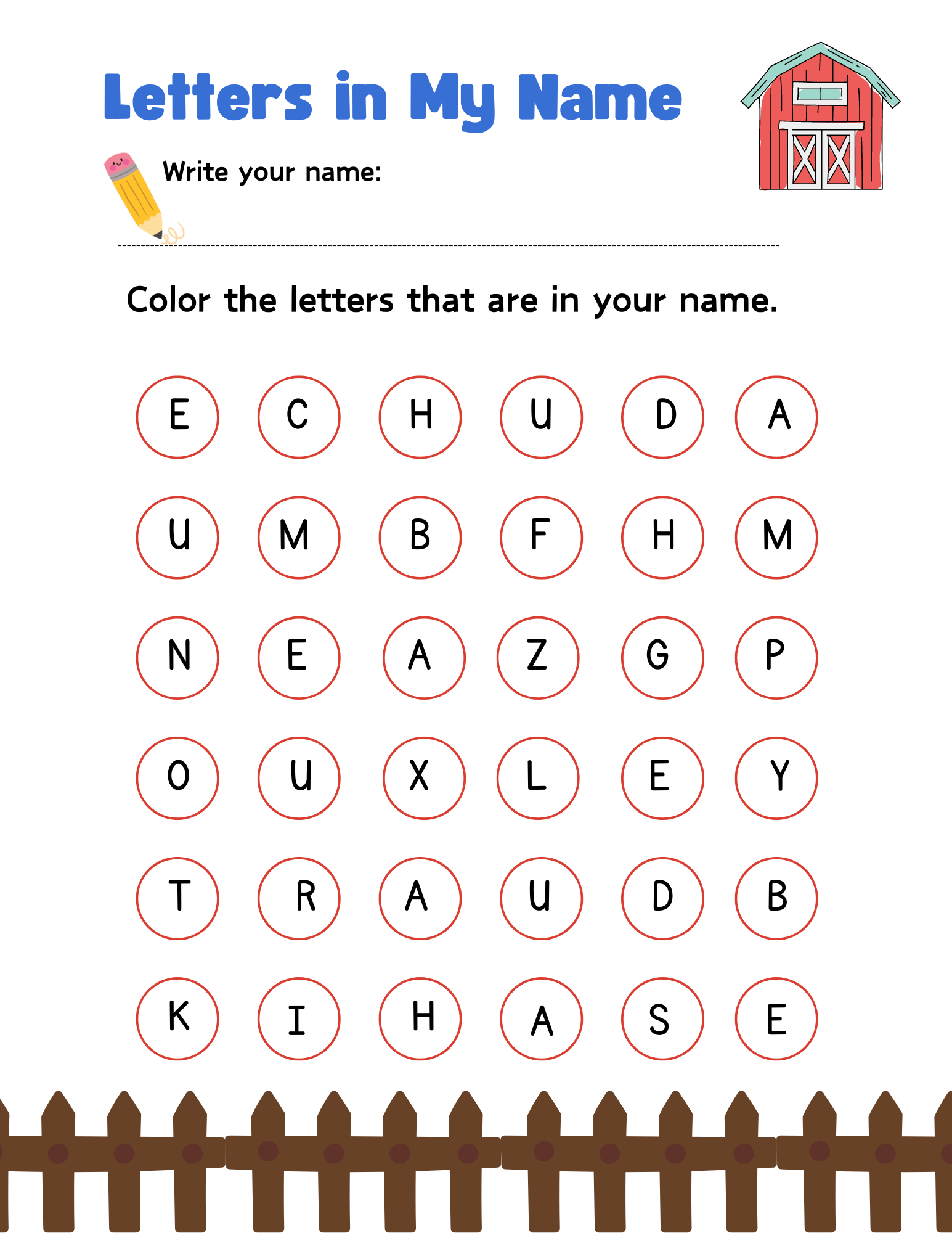
The farming preschool packet includes 35 pages with over 10 different activities for preschoolers. You can download the whole packet in my shop!
Free Printable Farm Preschool Worksheets
You can download Free Farm Preschool Worksheets
Reasons To Teach Preschoolers About Farms
Here are some key reasons why it’s beneficial to teach preschoolers about farms.
- Understanding Food Sources – Helps children learn where their food, like fruits, vegetables, milk, and eggs comes from.
- Animal Recognition – Teaches kids to identify common farm animals and their sounds.
- Introduction to Nature – Instills an appreciation for nature, farming, and the environment.
- Life Cycles – Introduces the concept of growth and life cycles, like how plants grow from seeds and animals grow from babies.
- Responsibility – Teaches the importance of caring for animals and plants.
- Hands-On Learning – Encourages exploration and tactile learning through farm-themed activities.
- Math and Sorting Skills – Enhances counting and sorting abilities using farm-related objects, animals, or crops.
- Connection to Daily Life – Builds an understanding of agriculture’s role in everyday life and its impact on the world.
- Social-Emotional Development – Fosters empathy and teamwork by teaching about the roles of farmers and animals.
- Seasonal Learning – Introduces concepts of seasons, like planting in spring and harvesting in fall.
These lessons can be fun, engaging, and provide real-world context for young learners. These fun preschool sheets are just the beginning to helping kids learn and grow with farming.
Get creative and have some fun with these farm preschool worksheets.
Farm animal preschool worksheets are a fantastic way to combine fun and learning for young children. Through engaging activities, kids can explore the world of farm life, improve important skills like counting, sorting, and animal recognition, and develop a deeper connection to nature and the food we eat. Whether in the classroom or at home, these worksheets provide a hands-on approach to early education that sparks curiosity and keeps little ones excited about learning.
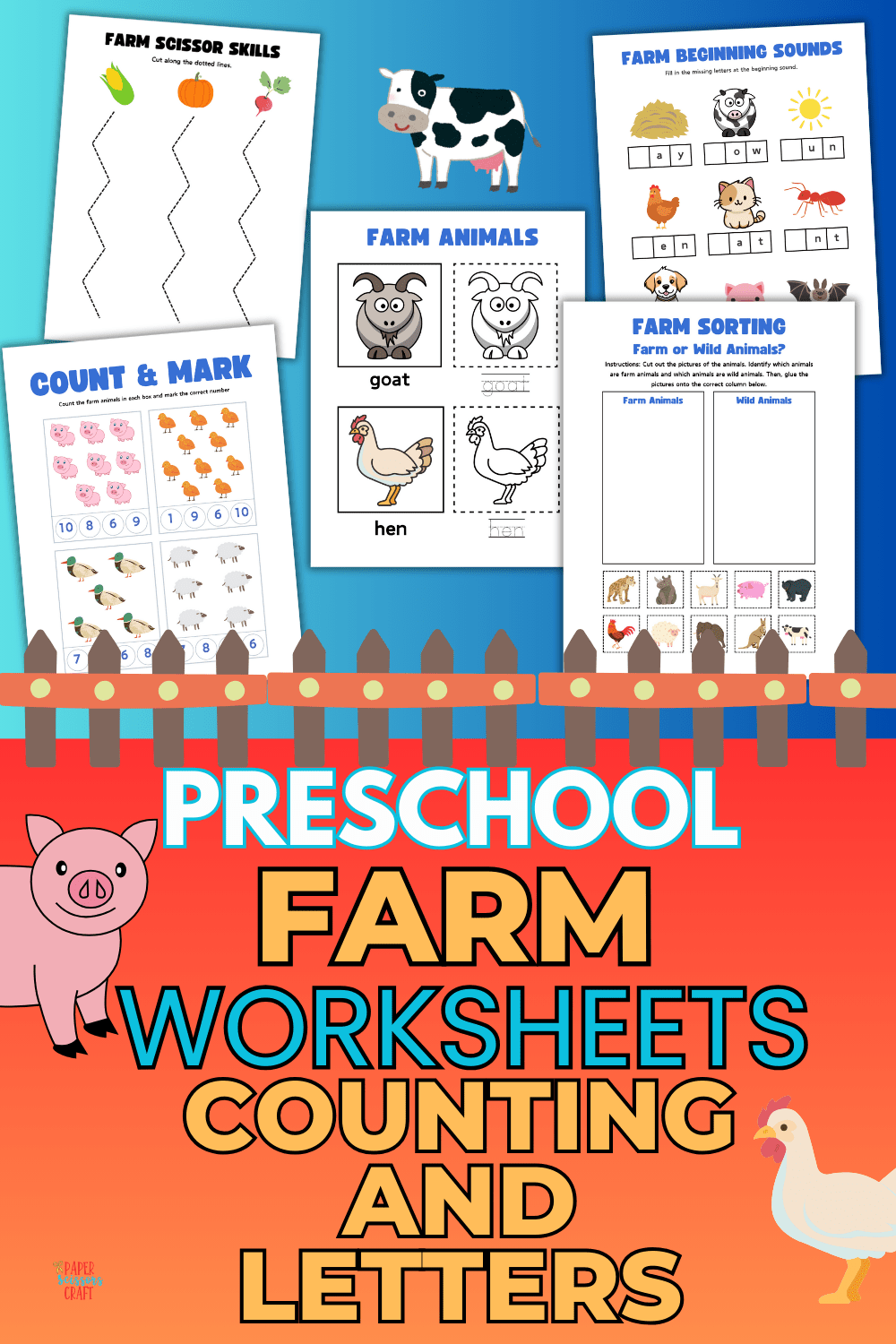


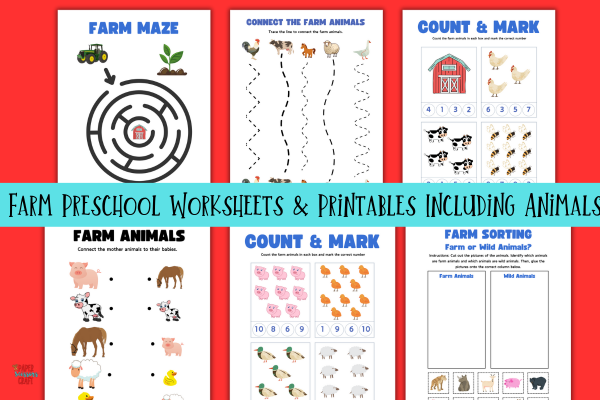
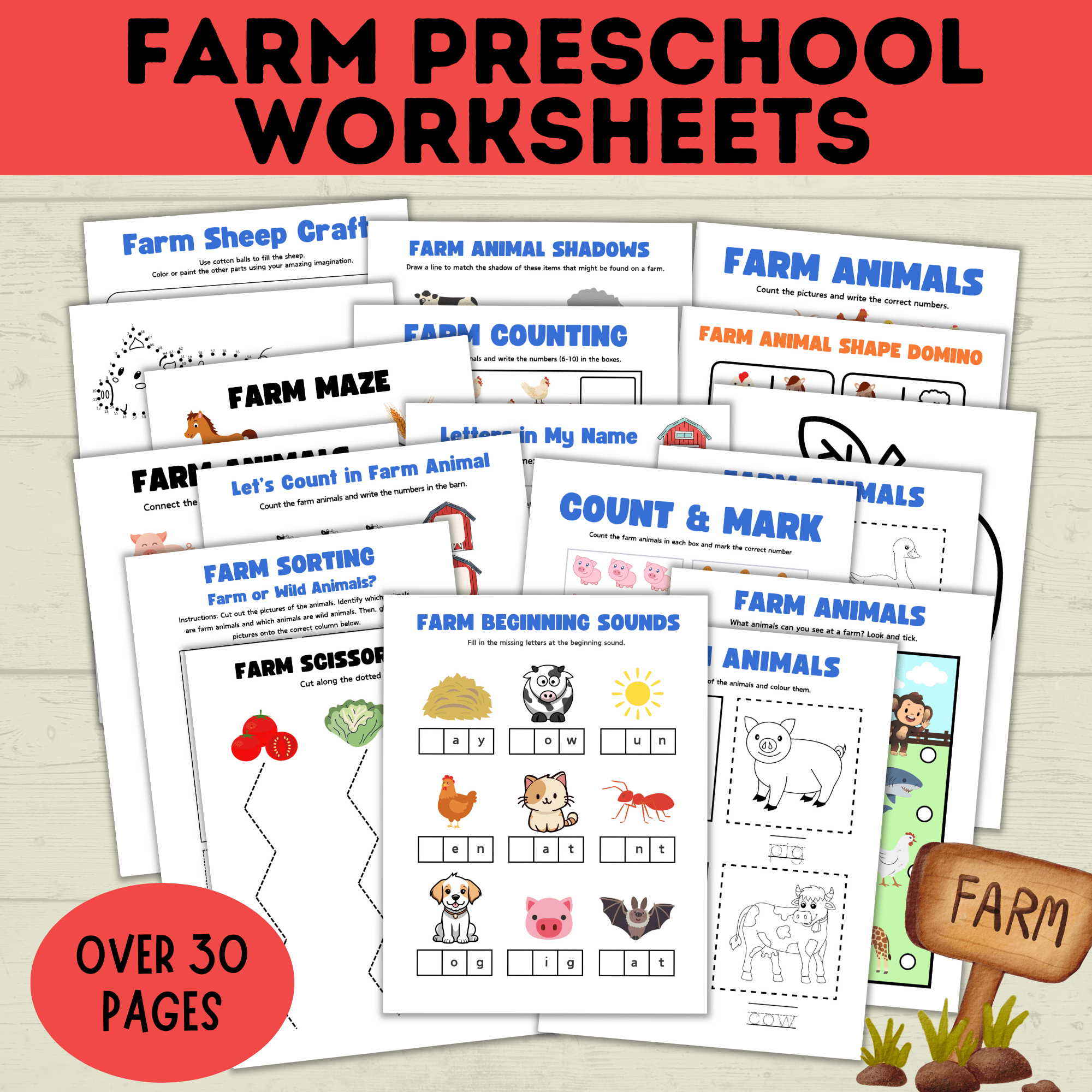

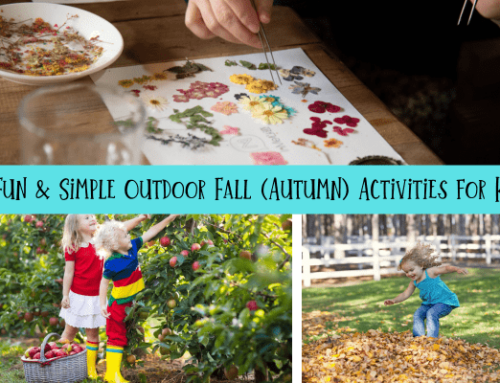
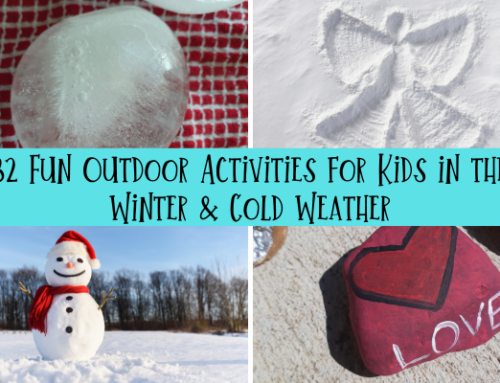


Leave A Comment